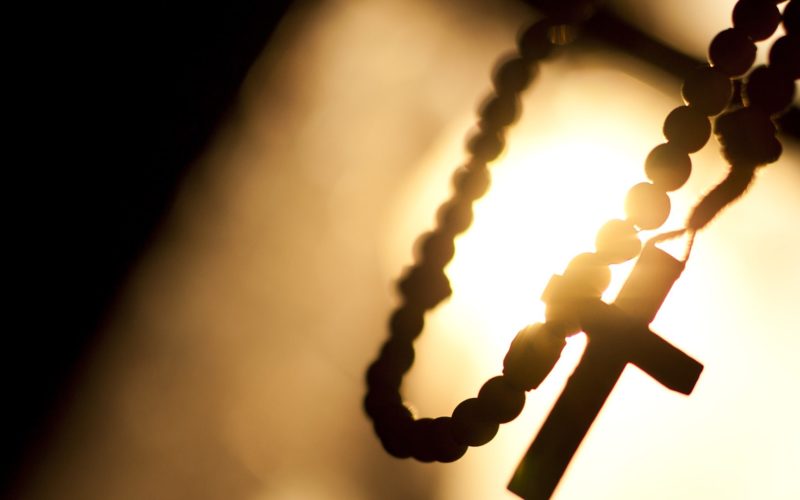On the 20th August 2018, Pope Francis wrote in a letter that he condemned the “atrocities” of child sex abuse and the subsequent “clerical cover-ups” to the more than 1.3 billion members of the Catholic Church. In it, he asked for forgiveness for the magnitude of mistakes that were made and the continual failure to address any of the problems.
However, the Pope is wrong. Forgiveness should not be something demanded or asked of the victims. The acts reported can be not seen in any light as a one-time pardonable occurrence or even one man’s mistake. A recent report by the US Government showed that in the State of Pennsylvania alone, there were a recorded one thousand sexual abuse incidents to minors carried out by three hundred priests in the last seventy years. For abuse to be on this scale in just one state, in one country just shows the true magnitude of the problem. As a result, forgiveness may never and can never be reached.
For many of the victims, Catholicism was the defining part of their life. They led their lives by it and had absolute trust in the Church. When they were abused, it would have undoubtedly been a debilitating, agonizing and disconcerting position for the individual to be put in. Their abuse by priests would have contradicted the foundation of their religious beliefs. The centuries of abuse only came to light to the wider public with media influence in 1980’s America and Canada. As the news spread, more and more cases sprung up from the woodwork. Before 2011, all cases of abuse were sent to Rome and not to the police. Across many parts of the globe, the Clergy are still not mandated to report abuse like the way it is required of teachers and doctors. This is shocking as it seems necessary that anyone who feels or knows that a child is endangered are required to report it.
Whilst the problem of sexual abuse in the Catholic faith is vast, should we also hold wider society accountable for their lack of protection to the young and innocent? The #MeToo campaign has shown how powerful figures in the entertainment industry took advantage of their influence and used it to pry on many women and men in the business. It took years for many of these victims to come forward.
Sadly child abuse happens on a far greater scale and often goes unreported for years. The ChildUSA.org reported that the average age for an individual to report child abuse is fifty-two and that only one in three children will ever report their abuse during their lifetime. Statistics show this is because many do not comprehend the abuse they have experienced as a result of the utter dominance of the abuser and possible threats. This means we still do not know the true magnitude of all the children who have gone through institutional child abuse.
You could argue however that social media and the use of the internet has helped with abuse cases becoming better known and addressed. For example, victims are able to communicate with others on platforms they were initially unable to. Nevertheless, the internet has also further exacerbated certain problems. The Internet Watch Foundation found ‘78,589 individual web addresses worldwide showing images of child abuse in 2017 and there were almost 8.5 million reports of material showing child sex abuse from 45 countries around the world in 2016.’ In addition, UNICEF reported last year that ‘worldwide, around 15 million adolescent girls aged 15 to 19 have experienced forced sex in their lifetime. Boys are also at risk, although a global estimate is unavailable.’
These statistics show that we are truly not doing enough to protect the children in the world from sexual abuse. People speculate that they hope that like the #MeToo campaign, the recent Pennsylvania report will implore more victims to come forward and lead to greater change being made. However, I feel that this view is too optimistic and unrealistic. We must address the phenomenon from a more political and judicial angle by addressing not only the religious cases but every individual case too. With the numbers of sexual abuse being this high, that shows simply we are not doing enough to protect our children.
Hannah Simpson-Orlebar
(Image Courtesy of Catholic Herald)

